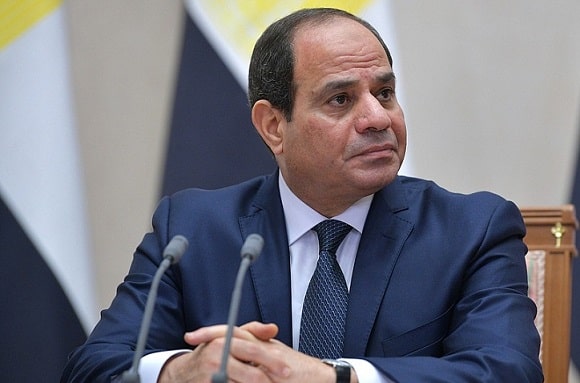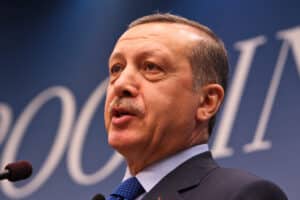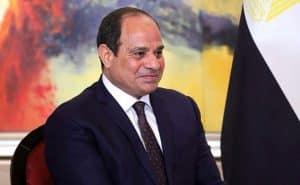On June 25, at least eight leading figures of the Civil Democratic Movement, a coalition of secular and leftist opposition groups, were detained by authorities in Egypt. They are charged for cooperation with the Muslim Brotherhood, an organization classified as terrorist group in Egypt, and for plotting to take down the government.
Zayad El-Eleaimy, a prominent member of the Egyptian Social Democratic Party (ESDP) and the Civil Democratic Movement (CDM), was arrested upon leaving a friend’s house. At least seven other well-known members of the opposition are detained, among them Hisham Fouad, Omar El Shenety and Hossam Monis.
President Abdel Fattah al-Sisi’s regime accuses them of a “joint plot between the Muslim Brotherhood’s exiled leadership and the civil opposition [in Egypt] to target the state and its institutions in order to oust it on June 30”. collaborating with members of the Muslim Brotherhood based abroad and plotting to take down the government. This is the so-called “Plan for Hope”, allegedly financed by 19 companies affiliated to the Brotherhood, which were also targeted by the government. The Minister of Interior affairs stated in a press release that the detained are accused of carrying out “violent and disorderly acts against state institutions simultaneously with creating a state of revolutionary momentum”.
The CDM vehemently denies suspected ties to the Brotherhood and claims that the arrests were aimed at stalling their preparations for the parliamentary elections in the coming year. In a news conference, the coalition’s spokesman states that the CDM “rejects such a police tactics in dealing with political opponents” and that the political arrests in Egypt are “part of a systematic policy followed by the regime to silence any voice that opposes its oppressive policies that are hostile to freedoms.”
Elelaimy and Monis were meeting with political parties and opposition leaders in Cairo to discuss a possible alliance to run in the 2020 elections. “I am truly astonished, and I don’t know why security would be upset that we want to take part in the elections in the framework of law and constitution” claimed CDM member Khaled Dawoud. Human rights lawyer Gamal Eid argued that the charges were “fabricated” by the government with the goal of “spreading fear” among the opposition. Similarly to the CDM, Amnesty International describes the situation in Egypt as an “open-air prison where no opposition, critics, or independent reporting allowed.”
Since the beginning of his presidential term in 2014, Abdel Fattah al-Sisi has been notorious for the widespread crackdown on any political opposition and (human rights) activists. According to Human Rights Watch, a minimum of 60,000 people have been arrested under his presidency since 2014.
A few months prior to the detention, a constitutional change was approved by the parliament that allows president al-Sisi to stay in power until 2034, increases the president’s judicial power and bolsters the military. The CDM rejected the proposal severely. Furthermore, the coalition criticized the willful exclusion of dissenting voices from the processes, and described the amendments as an “approach that consecrates tyranny and paves the way for the absolute individual rule for many years to come.” The CDM encouraged citizens to vote “No” in the referendum and to oppose changes that endanger the democracy in Egypt further.
Michele Dunne, directors and senior fellow at the Carnegie Endowment for International Peace’s Middle East Program, maintains that the amendments were possibly aimed at preventing any political opposition for President al-Sisi. This could suggests that the recent detention of opposition members, who are attempting to build a coalition and to compete with the president in the elections, is a further step of the regime to assure al-Sisi’s stay in power by all means.
Sources: Al Jazeera Middle East Eye Reuters France24 Amnesty International Al Jazeera Mada Reuter
Photo: President of Russia



